Could the galaxy become colonized by aliens?

Although
There Are Thousands of Alien Empires in The Milky Way - YouTube
The islands of Oceania, located in the Pacific Ocean, are scattered like a galaxy, with tens of thousands of islands covering an area of tens of thousands of square kilometers.

History has it that about 5,000 years ago, Polynesians visited these islands to discover new lands where they could live.

Some of the islands were just reefs or covered with palm trees, and many of the lands were found to be unsuitable for living.

Nevertheless, the Polynesians discovered some islands that were suitable for settlement and colonized them one by one.

In this way, Polynesian culture and society spread to the various islands.

In the colonized islands, there was active trade and exchange between the islands, even if they were thousands of kilometers apart.

In fact, there are no other inhabited islands within 500 kilometers of
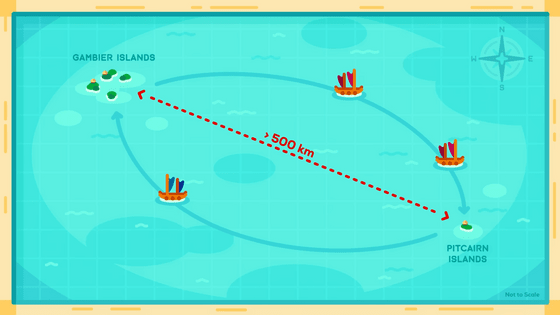
However, the Pitcairn Islands' inhabitants suddenly disappeared. For reasons unknown, it is believed they depleted their natural resources to an unsustainable extent.
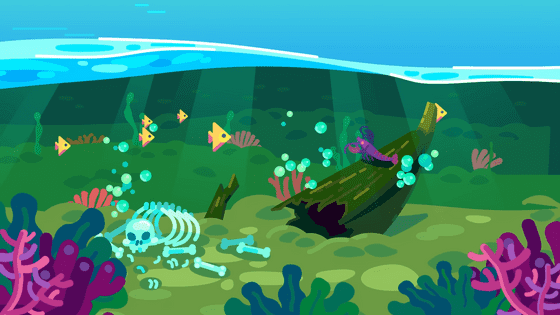
Could the colonization and trade that took place in the Oceanian islands happen in the galaxy?
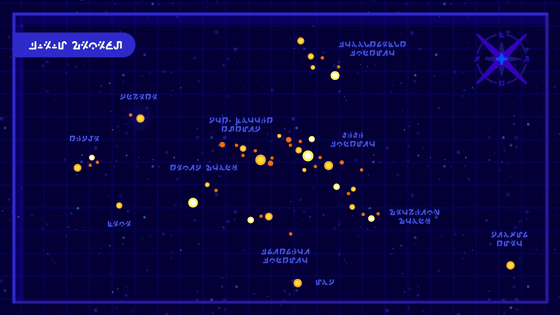
Our galaxy is home to 200 to 400 billion stars, and it is believed that there are between 300 million and tens of billions of rocky, Earth-like planets.
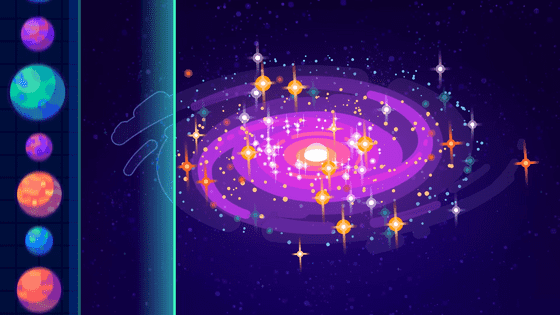
Furthermore, some planets in the galaxy are in what's known as the 'habitable zone,' where water may exist.
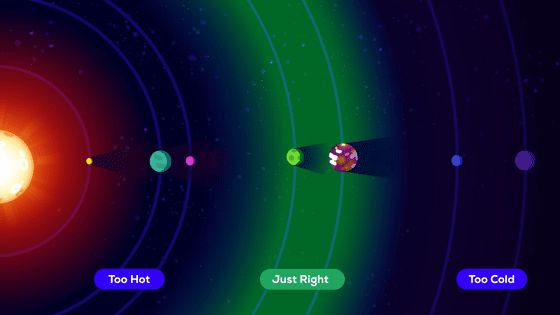
However, not all planets in the habitable zone have a livable environment like Earth.
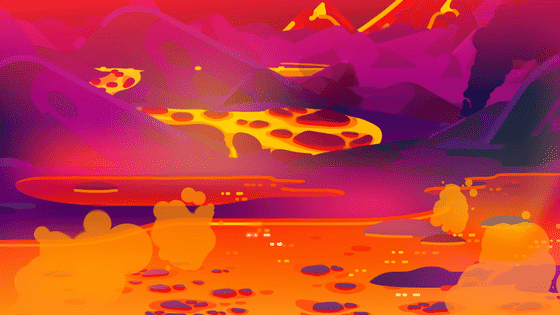
Venus and Mars are also called 'planets similar to Earth,' but in reality, they do not have environments that are easily suitable for humans to live on.
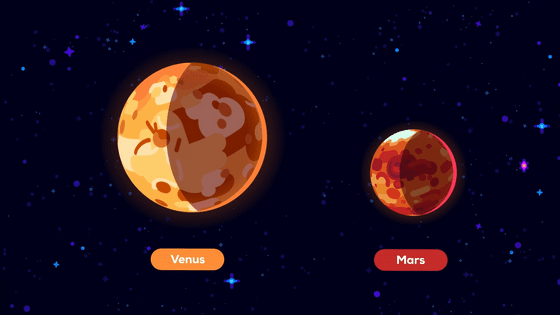
In addition, 'terraforming' the environment of another planet into one that is more habitable for us is considered impossible due to economic and resource constraints.
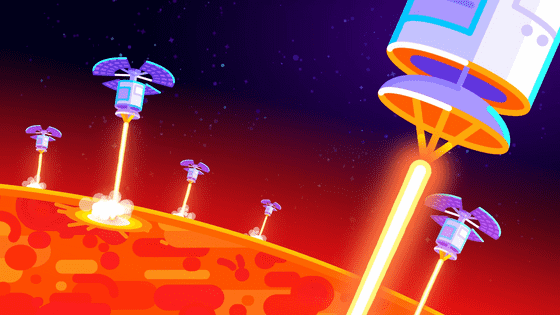
This may be why no civilizations have been seen to migrate to other planets across the galaxy.
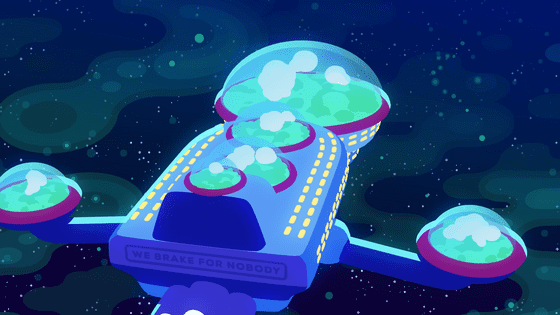
Still, a highly intelligent lifeform with unlimited resources and technology might be able to automate processes like planetary exploration and terraforming.
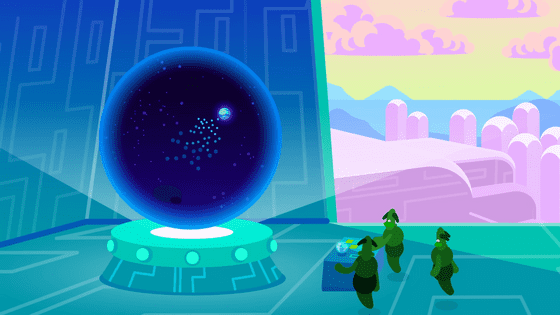
But the universe is not that simple. Every star moves in its own orbit within the galaxy, and the relative positions of stars that we think are nearby are only temporary.
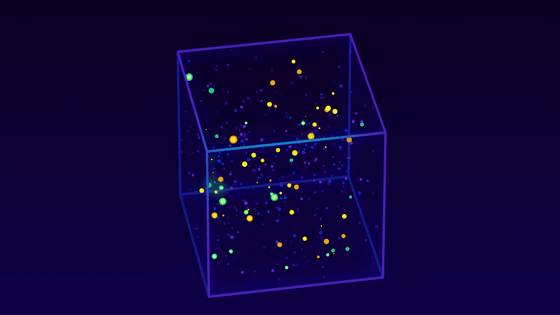
And even if a suitable planet like Earth were to be discovered, it could be isolated and tens of light years from any other habitable planets.
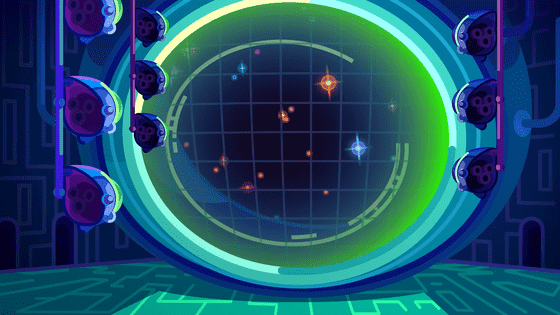
This isolation is the reason why we cannot discover life on other planets.
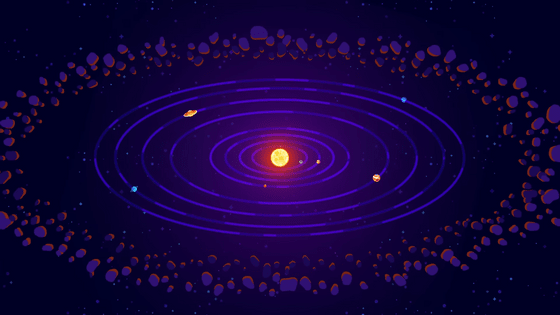
On the other hand, if some planets with habitable environments come together and are colonized, they may develop thriving trade, as happened with the islands of Oceania.
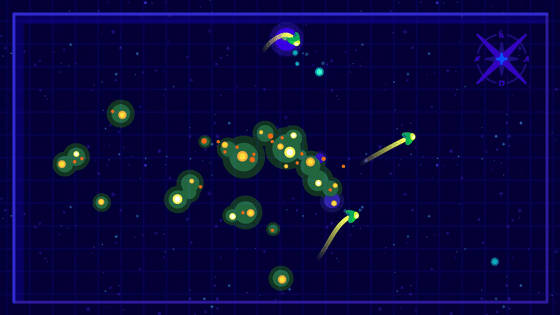
However, even if two organisms share the same genes, they may migrate to different planets and over a long period of time, causing changes in the individuals and resulting in different species.
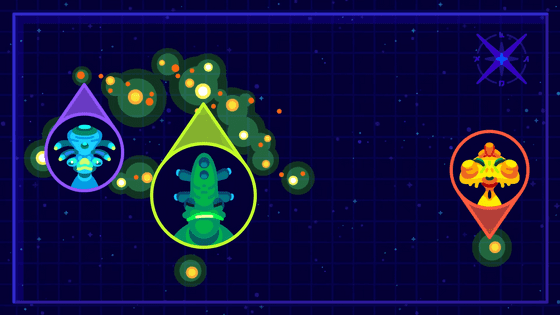
For this reason, it has been pointed out that there is a possibility that trade will eventually cease and the area will become extinct.
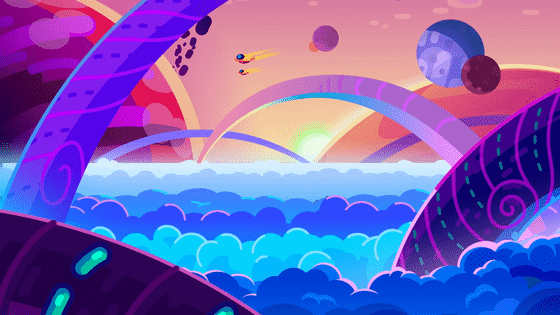
Related Posts:







